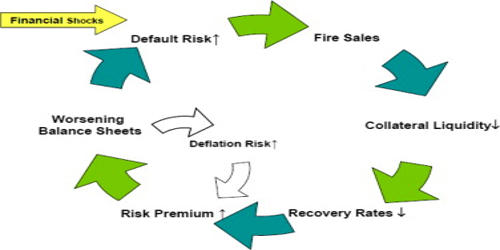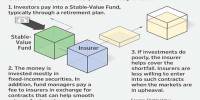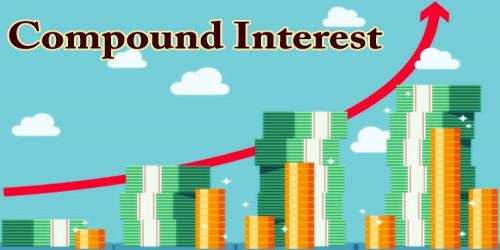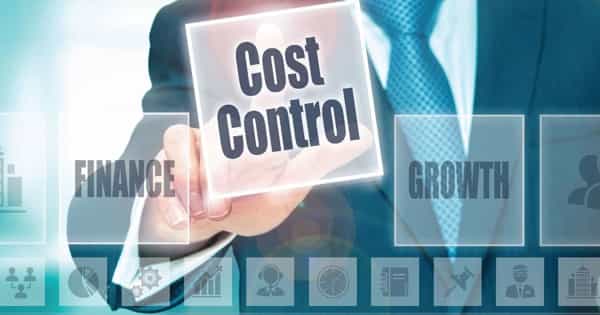Financial Accelerator is a financial impact that leads to a widespread economic boom or bust. The financial accelerator in macroeconomics is the process by which adverse shocks to the economy may be amplified by worsening financial market conditions. These can initiate and amplify both positive and negative shocks on a macroeconomic scale. A financial accelerator is a means by which developments in financial markets amplify the effects of changes in the economy. More broadly, adverse conditions in the real economy and in financial markets propagate the financial and macroeconomic downturn. For example, adjustment of interest rates by the Federal Reserve can lead to increased or decreased spending by consumers.
Financial accelerator mechanism
Financial accelerator often comes out of the credit market and eventually works through to impact the economy as a whole. The link between the real economy and financial markets stems from firms’ need for external finance to engage in physical investment opportunities. Firms’ ability to borrow depends essentially on the market value of their net worth. The financial accelerator model was proposed to help explain why relatively small changes to monetary policy or credit conditions could trigger large shocks through an economy.
The financial accelerator theory proposes that, at the peaks of business cycles, the majority of businesses and consumers have overextended themselves to varying degrees. The reason for this is asymmetric information between lenders and borrowers. Lenders are likely to have little information about the reliability of any given borrower. As such, they usually require borrowers to set forth their ability to repay, often in the form of collateralized assets. The simultaneous sub-system of credit and equity prices has been designed with a new procedure of the simultaneous structural model design. It follows that a fall in asset prices deteriorates the balance sheets of the firms and their net worth. The resulting deterioration of their ability to borrow has a negative impact on their investment. This mechanism operating through business investments has been incorporated into a macro-econometric model of the Norwegian economy.
Decreased economic activity further cuts the asset prices down, which leads to a feedback cycle of falling asset prices, deteriorating balance sheets, tightening financing conditions and declining economic activity. This vicious cycle is called a financial accelerator. It is a financial feedback loop or a loan/credit cycle, which, starting from a small change in financial markets, is, in principle, able to produce a large change in economic conditions.
















